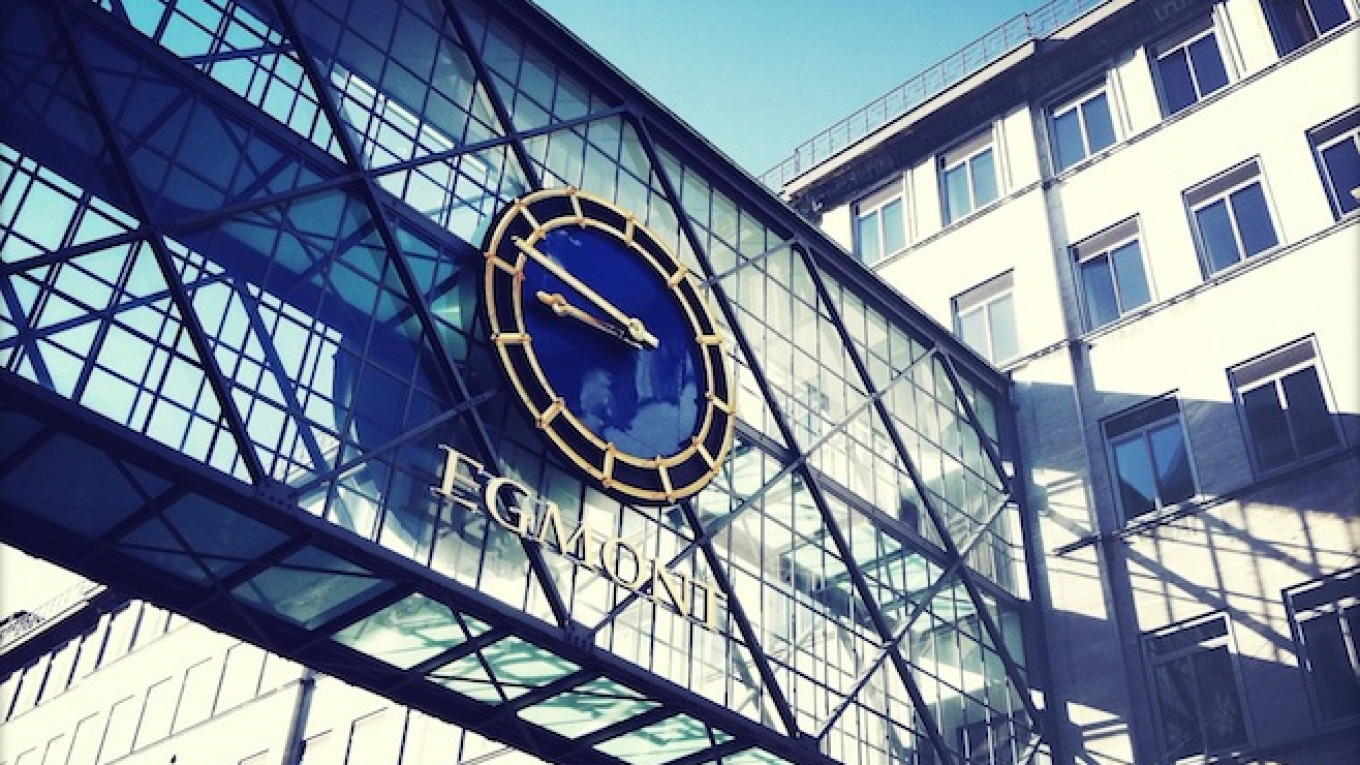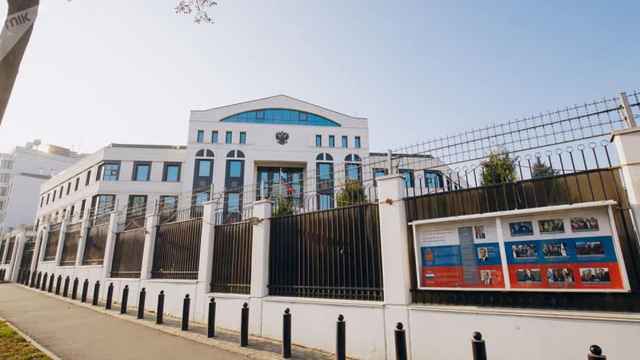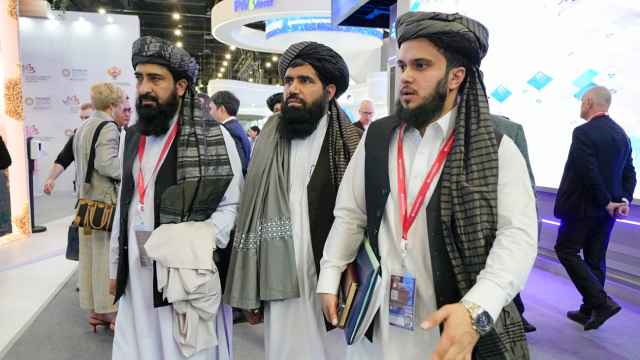Denmark's Egmont Media Group will transfer its Russian magazine business to a local company, becoming the latest publisher forced to restructure by a law limiting foreign ownership of Russian media, the RBC newspaper reported Monday.
Egmont will continue to produce books in the country, but will pass the rights to publish its magazines to a newly created Russian company, the paper reported, citing Lev Yelin, general director of Egmont's Russian subsidiary. The report gave no financial details of the deal.
The publications affected by the change include children's magazines My Little Pony, Luntik and Masha and the Bear. Egmont has a 60 percent share of the children's magazine market in Russia and is the fifth-largest book publisher in the country by number of titles, according to RBC.
The reorganization is a response to legislation passed last year that limits the stake of foreigners in Russian media outlets to 20 percent. The law, which affects most of the country's publishing houses, comes into force on Jan. 1, 2016, though companies have another year's grace period to comply.
Egmont decided to stay in Russia because its business in the country is still profitable, Yelin told the paper. Egmont Russia had revenues of around $33 million last year, he said.
Mikhail Morozov, editor-in-chief and the deputy general director of Egmont Russia will become the owner of the new magazine publisher, Yelin said.
Egmont is not the only foreign media company to change its ownership structure as the arrival of the new law nears.
The U.S. Hearst Corporation, which had a major stake in the Russian publisher of glossy magazines like Elle and Marie Claire, sold part of its share to its local partner this summer.
Switzerland's Edipresse and Germany's Axel Springer said in September they would withdraw from the Russian market over the media law.
A Message from The Moscow Times:
Dear readers,
We are facing unprecedented challenges. Russia's Prosecutor General's Office has designated The Moscow Times as an "undesirable" organization, criminalizing our work and putting our staff at risk of prosecution. This follows our earlier unjust labeling as a "foreign agent."
These actions are direct attempts to silence independent journalism in Russia. The authorities claim our work "discredits the decisions of the Russian leadership." We see things differently: we strive to provide accurate, unbiased reporting on Russia.
We, the journalists of The Moscow Times, refuse to be silenced. But to continue our work, we need your help.
Your support, no matter how small, makes a world of difference. If you can, please support us monthly starting from just $2. It's quick to set up, and every contribution makes a significant impact.
By supporting The Moscow Times, you're defending open, independent journalism in the face of repression. Thank you for standing with us.
Remind me later.






